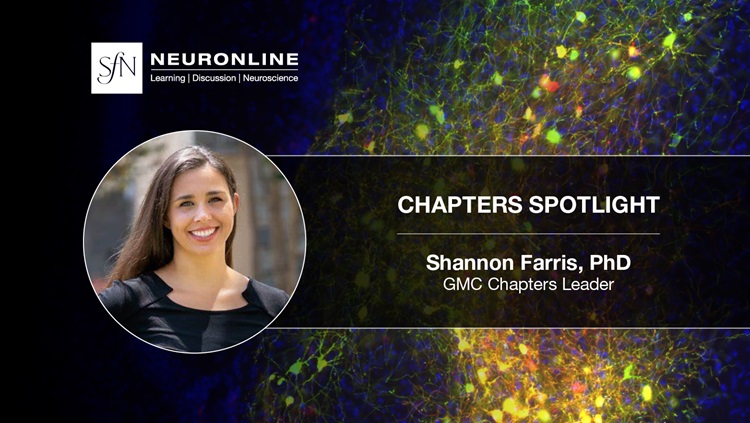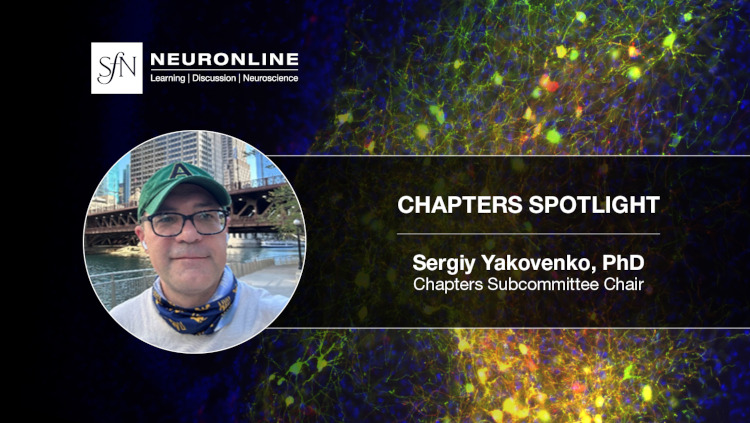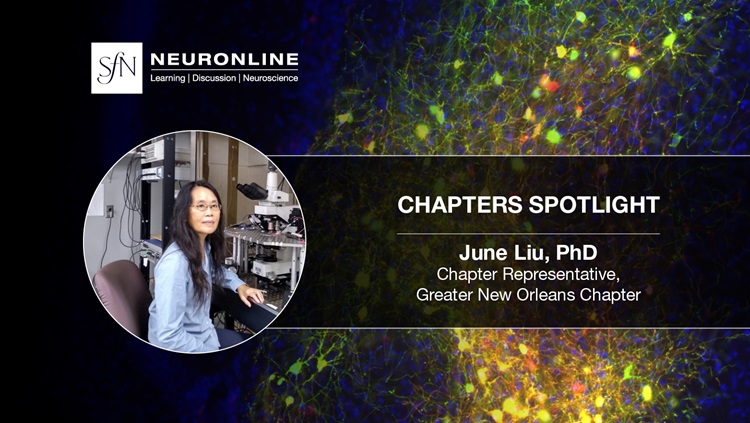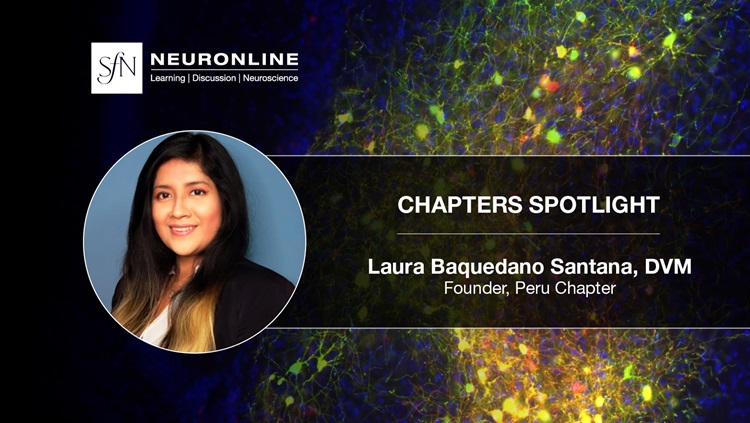Sun City Chapter Founder: "A Successful Scientist Must Be Able to Lead"
- Featured in:
- SfN Chapter Resources
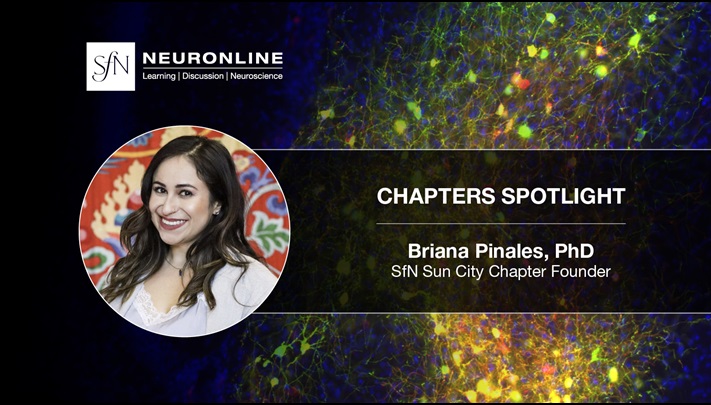
In this Chapters Spotlight, learn more about SfN’s Sun City Chapter Leader, Briana Pinales, PhD. Pinales is the founder of the Sun City Chapter in El Paso, Texas, re-established to share science within the border town. Pinales’ mission was to help cultivate the next generation of scientists and to help students succeed, for instance, by presenting their research at Neuroscience 2023. Read her story and learn more about SfN’s local chapters here.
As a PhD student at the time, my primary concern was guiding the undergraduates I mentored through the academic world because, like me, they belong to a marginalized group of first-generation graduates from low-income families who identify as ethnic and gender minorities. It was tough to navigate the field, and I wanted to share my experience with others to help them. In exchange, I took on the role of leader by investing time into building the SfN Sun City Chapter.
A true leader is the guiding force for others, navigating through challenging situations, representing their team, staying true to their values, and, above all else, never giving up. Ultimately, the role of a leader must take place in and outside the lab. More importantly, a successful scientist must be able to lead. As the chapter's president, this leadership was comparable to mentoring and managing undergraduate researchers on research projects. Being put in uncomfortable situations was similar to attending a conference where you had to network and establish yourself as a leading expert in your field. Furthermore, interpersonal abilities were among the most challenging skill sets I gained from the chapter. Some personalities, like those in a lab setting, cannot collaborate. Navigating different personality types was a useful skill I gained from my work in the chapter because it helped resolve conflicts and form strong relationships with other organizations. Playing such an important role gave me more independence. I used the chapter as a platform to share knowledge, raise awareness, and contribute to the overarching goal of promoting education on the core concepts of neuroscience.
The best lesson I learned from re-establishing a chapter is failure. Like how we strive to collect data in the lab but encounter many failed experiments, perseverance is key. For example, as I worked to establish Brain Awareness Week at my university, I promoted large events in the hopes of attracting volunteers or participants. To my surprise, persuading others to volunteer or participate was difficult. I had the pleasure of hosting an invited speaker who gave a talk on the intersection of graduate school and mental health. Unfortunately, there were only five people in attendance. In the end, I was left with several large boxes of untouched pizza intended to feed a large auditorium of students. In addition, as the lecture continued, I had to muster the courage not to flee and cry in embarrassment. These are now memories I can look back and laugh at. In the end, the willingness to wholeheartedly pursue something despite the possibility of failure has been the foundation of many of my research pursuits.
Despite a few challenges, I've successfully designed and implemented a range of impressive programs that I take pride in. This included planning a two-week stem camp for children, incorporating culture and neuroscience history, receiving grant funds for science outreach activities, planning an undergraduate research symposium, hosting seminar lectures, and the chapter receiving recognition as the top student organization of the year. In terms of my own recognition as a leader, I was honored to receive the Luxe award. This prestigious accolade is given to doctoral students who demonstrate exceptional academic achievement, active participation in campus and community initiatives, and exemplary leadership within the university.
In truth, as scientists we wear many hats. At the heart of our goals, it takes leadership to build a team of researchers, manage multiple projects, investigate concepts that may fail, and collaborate with others. The establishment of the Society for Neuroscience Sun City Chapter was one of my biggest successes as it taught me many lessons that easily translated to my scientific career track. It taught me that as a scientist, I had a responsibility to become a leader both in and out of the laboratory.


